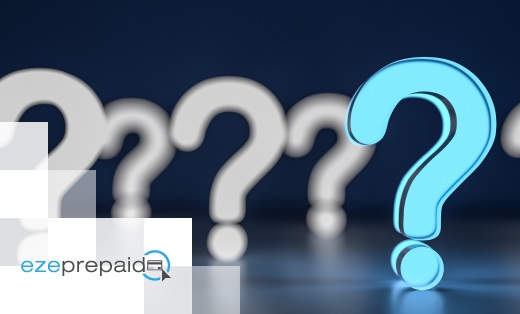Common Questions about Prepaid Cards in B2B Incentive Programs
Prepaid cards have become increasingly popular in B2B incentive programs as a way to reward and motivate employees, customers, and partners. These cards offer many benefits, including convenience, flexibility, and cost-effectiveness. However, as with any financial product, there are certain questions that need to be answered before implementing a prepaid card program. In this essay, we will explore some of the most common questions about prepaid cards in B2B incentive programs, including the types of cards available, how they work, the fees associated with them, and how to ensure their security.
What types of prepaid cards are available?
There are several types of prepaid cards available for use in B2B incentive programs, each with its own set of features and benefits. One of the most popular types is the general-purpose reloadable (GPR) card, which can be used like a traditional credit or debit card. These cards can be loaded with funds and used for a variety of purchases, such as shopping, online transactions, and bill payments. Another type of prepaid card is the disposable card, which can only be used once and is typically used for a specific purpose, such as a cash bonus or a gift card. Finally, there are closed-loop prepaid cards, which can only be used at certain merchants or for certain products or services.
How do prepaid cards work?
Prepaid cards work by allowing the cardholder to load a specific amount of funds onto the card. These funds can then be used for purchases, just like a traditional credit or debit card. The cardholder can also check the balance on the card and reload the funds as needed. Some prepaid cards also offer additional features, such as online account management, text or email alerts, and the ability to set spending limits.
What are the fees associated with prepaid cards?
Prepaid cards can come with a variety of fees, including activation fees, reload fees, and withdrawal fees. Some cards may also have monthly or annual fees. It is important to carefully review the fee structure of a prepaid card before implementing a program to ensure that the costs are in line with your budget and goals.
How do I ensure the security of prepaid cards?
Prepaid cards, like any financial product, can be subject to fraud and misuse. To ensure the security of your prepaid card program, it is important to use a reputable card issuer and program manager. Additionally, cardholders should be provided with clear instructions on how to use and protect the card, such as how to report a lost or stolen card and how to recognize and report suspicious activity. Some prepaid cards also offer additional security features, such as pin numbers, online account management, and text or email alerts.
In conclusion, Prepaid cards are a cost-effective and flexible way to reward and motivate employees, customers, and partners in B2B incentive programs. When selecting a prepaid card program, it is important to carefully review the type of card available, the fee structure, and the security measures in place to ensure that the program meets the needs of your business and is secure. By considering these common questions, businesses can make an informed decision and ensure the success of their prepaid card program.
Contact Sales
Want more information about Ezeprepaid? We're happy to help! We provide quick-to-market prepaid and gift card solutions customized to meet your company’s needs.
"*" indicates required fields

